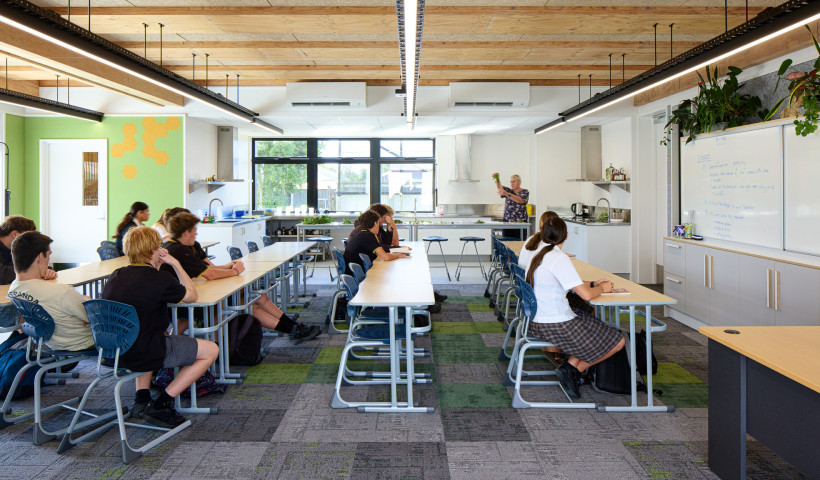
The Gensler Research Institute’s strategies for materials include reuse, waste reduction and recycling. Regenerative nylon products help reduce a building’s overall embodied carbon, reduce environmental impacts during manufacture, and reduce construction waste. In this article, we look at the Italian fibres Econyl and dorix, and traditional recycled coconut fibres.
ECONYL by Aquafil, Italy
One of the biggest names in Europe in this space is Econyl, a yarn made from 100% nylon waste (mainly old fishing nets, and fabric scraps from mills and carpets destined for landfills) and transformed into regenerated nylon for flooring textiles and apparel. Made by Aquafil, Econyl is exactly the same as brand-new nylon and can be recycled, recreated and remoulded again and again. It reduces the global warming impact of nylon by up to 80% compared with newly made nylon. Aquafil’s commitment to sustainability goes beyond the product: in 2019, 70% of the group’s electricity and thermal energy consumption came from renewable sources.
- Advance carpet tiles made with Econyl: Tecsom’s Green System, Linear Vision and Premium. Voxflors’ Ease, Parking, Regeneration, Riding and Rush Hour.
- Advance entry carpet made with Econyl: Grafic and Zeno — insert in Architectural Series Entrance Matting.
dorix by Radici Yarn, Italy
Dorix PA6.10 is a bio-sourced polyamide yarn originally developed in Germany, and now made by Italian company Radici Yarn. The yarn is made of 64% renewable sebacic acid obtained from seeds of the castor oil plant (Ricinus communis). This plant is cultivated in China, India and Brazil in arid environments and so doesn’t compete with agricultural products for human consumption. Dorix polyamide is available in raw-white and solution-dyed. It is used in the automotive, technical/industrial, apparel and carpeting sectors.
- Advance entry matting made with Dorix yarn: Dimension.
Recycled coconut fibre
Coconut husk fibre is a 100% natural fibre and has a long history in the flooring industry. Coconut husk waste is gathered from the food industry (farmers who produce coconut oil, coconut cream and desiccated coconut), thus giving the farmers an additional revenue stream. Reusing the husks also prevents greenhouse gases caused either by decomposition or burning to get rid of the waste.
- Advance entry matting made with recycled coconut fibre: Duratap.












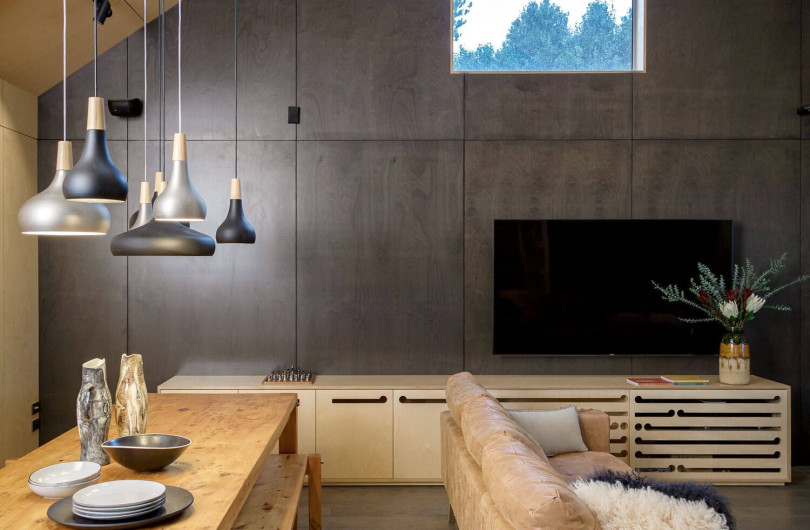
 Case Studies
Case Studies



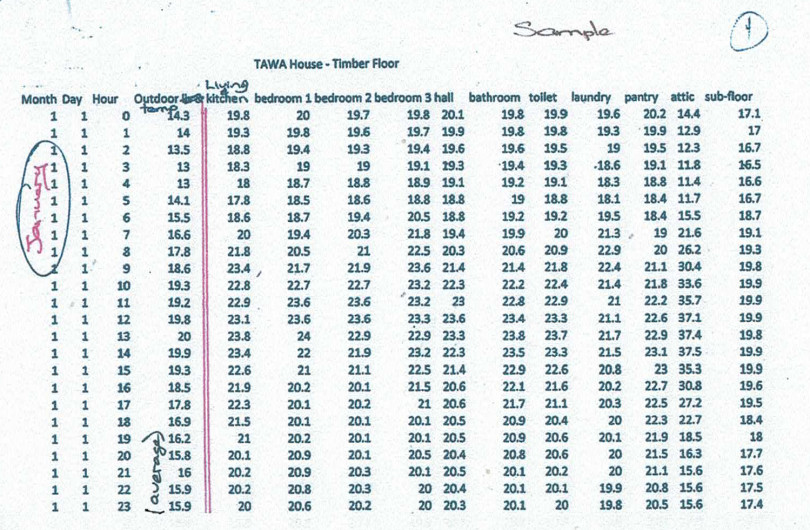




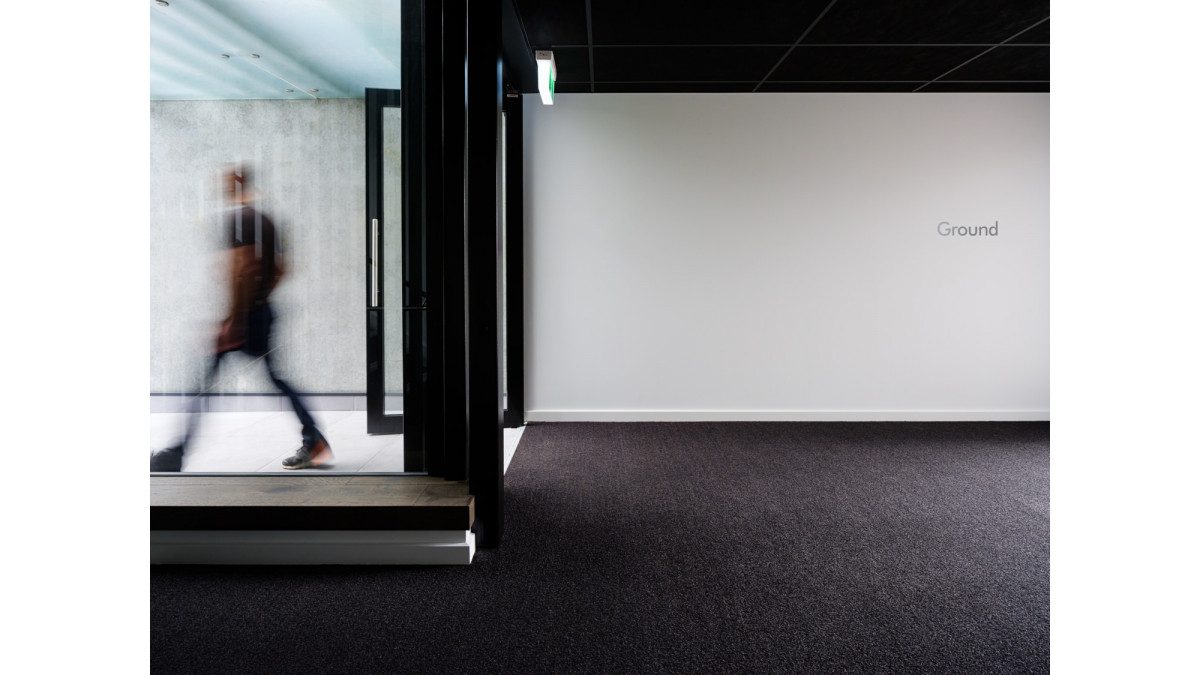
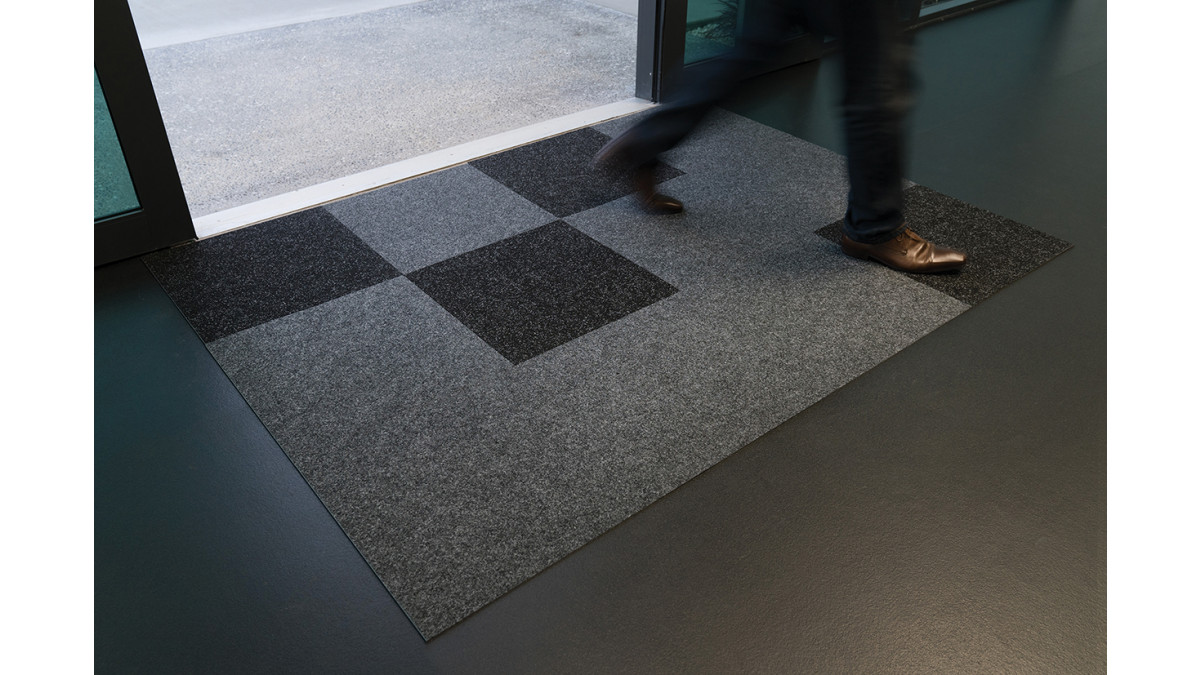
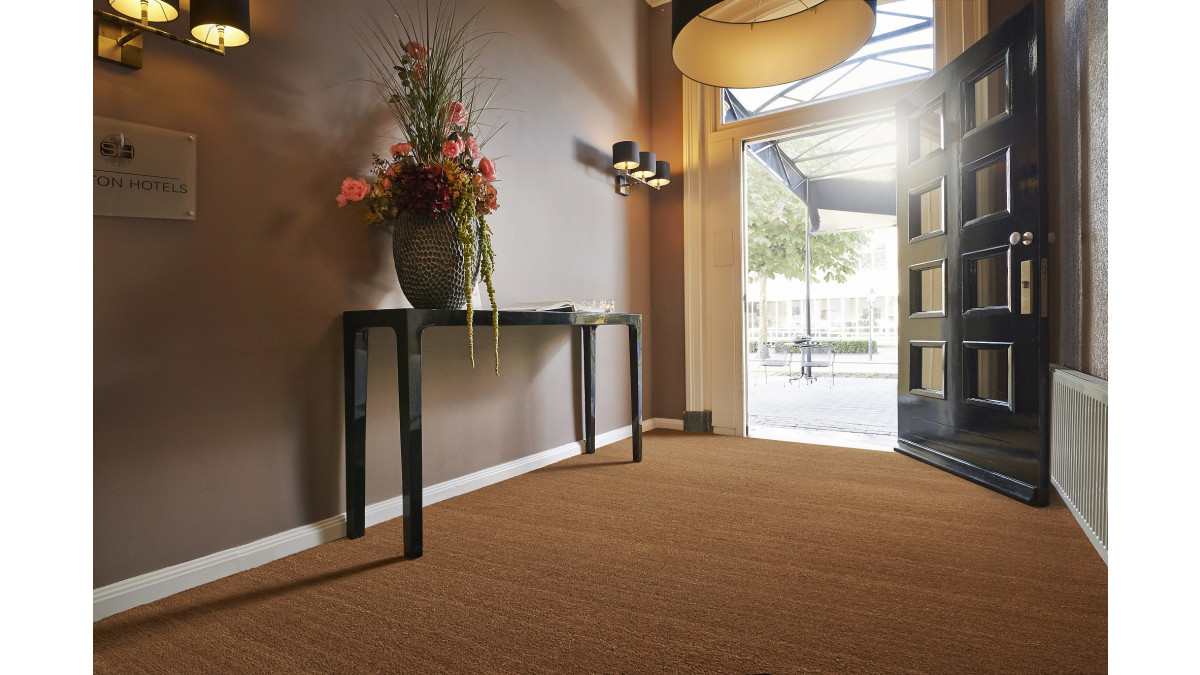


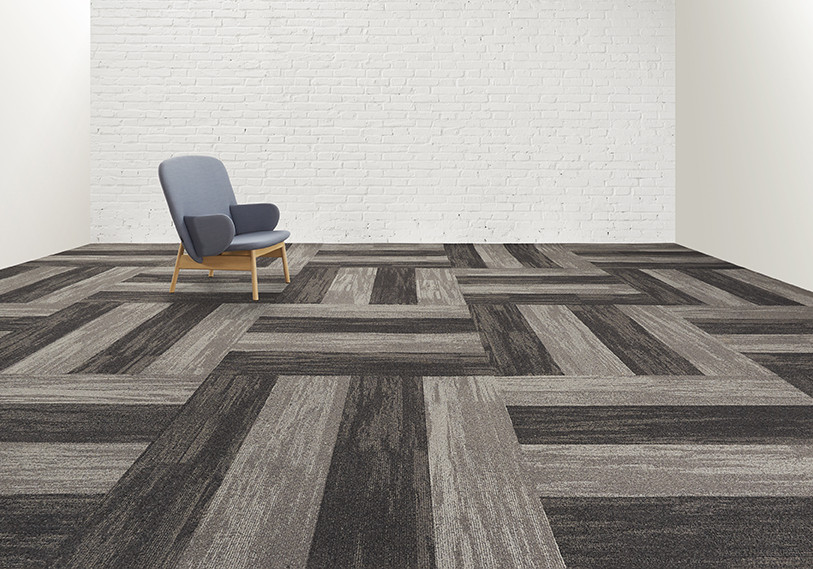



 Popular Products from Advance
Popular Products from Advance


 Most Popular
Most Popular


 Popular Blog Posts
Popular Blog Posts